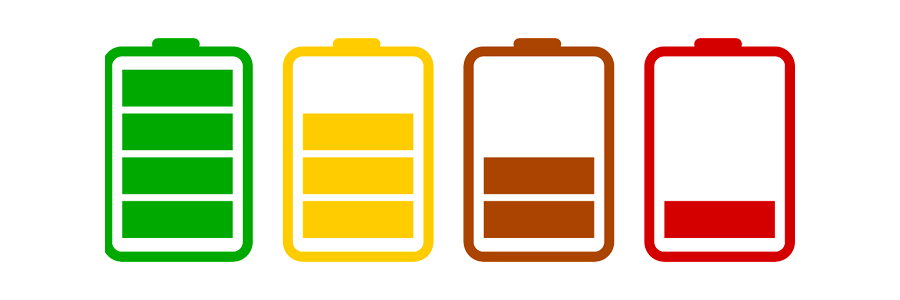EV batteries ‘can last 20 years or more’ research reveals

The vast majority of EV batteries will outlast the usable life of the vehicle, according to new research.
Global connected transportation specialist Geotab has analysed the battery health of 5,000 electric vehicles and 1.5 million days of vehicle usage data to reach its findings.
The research shows that average battery health has improved by 22% over the past five years for new vehicles, with degradation slowing from 2.3% to 1.8% a year.
Battery degradation is a natural process that permanently reduces the amount of energy a battery can store or the amount of power it can deliver. An electric vehicle battery’s condition is called its state of health (SOH), which starts at 100% and over time deteriorates. For example, a 60kWh battery with 90% SOH would effectively act like a 54kWh battery.
David Savage, vice president for the UK and Ireland at Geotab, said: “With these higher levels of sustained health, batteries in the latest EV models will comfortably outlast the usable life of the vehicle and will likely not need to be replaced.
“People should feel confident that many current EVs are suitable and cost-effective to replace a range of light, medium and heavy-duty internal combustion engine vehicles.”
Geotab estimates that two-thirds of cars and vans operated by private and public sector organisations in the UK are ready to go electric, with average savings of £13,000 over a fleet lifecycle for every vehicle switched.
One key insight from the research is that high-use electric vehicles did not show significantly higher battery degradation when compared to vehicles with lower levels of usage, which will provide reassurance to high-mileage fleets.
Gateway2Lease has a wide range of electric vehicles to lease offering business customers lower cost fleet motoring and zero tailpipe emissions.
View our latest blog posts

Categories
Pages
We are a family run business based in rural Worcestershire. Our team of 38 staff are on hand to provide an exceptional service to personal and business customers.
Read More
